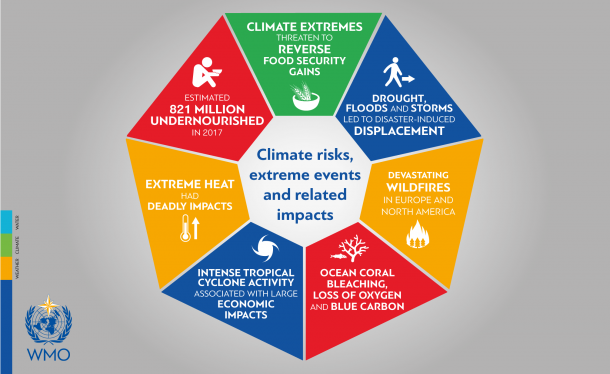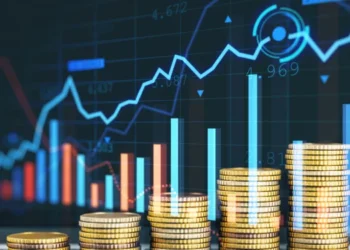The Ghanaian economy needs to develop its green bond market to attract investors so that it can use such funds to support its climate financing needs especially amidst the coronavirus pandemic where climate change has become more relevant and as such most economies are pushing for a green recovery.
Two Executive Directors of Lion’s Head Global Partners, Ighosime Oyofo and Gaia De Battista made these comments at a forum organised by FSD Africa in collaboration with the Securities and Exchange Commission (SEC), Ghana Stock Exchange (GSE) and the Lion’s Head Global Partners under the theme “Developing the Green Bond Market in Ghana”.
In the presentation, it was revealed that Ghana needs USD 22.6 billion to implement its Nationally Determined Contributions (NDCs), of which Green Bonds could help bridge that funding gap.
Nationally Determined Contributions in simple terms are national plans highlighting climate change actions, including climate related targets, policies and measures governments aim to implement in response to climate change and as a contribution to achieve the global target set out in the Paris Agreement.
Green Bonds on the other hand are fixed-income instruments with proceeds earmarked for new and existing projects that have environmental benefits.
Highlighting some benefits associated with buying and issuing of Green Bonds, Ighosime Oyofo and Gaia De Battista revealed that it helps to support climate hedged activities and promotes greater transparency on the issuer’s use of proceeds. Also, Investor diversification could attract international Development Financial Institutions (DFIs) as well as encourage greater engagement with existing investors.
Furthermore, the Lions Head Executive Directors hinted that Ghana requires a conducive regulatory & issuance environment for Green Bonds as we consider climate change actions following the second wave of the COVID-19 pandemic and its associated economic challenges. For instance, Ghana can rely on international standards like South Africa or be more tailored like Nigeria.
“Development of a Green Bond segment and issuance guidelines for Ghana…can help issuers and market operators navigate a new product.
“Strengthening institutional capacity and dissemination and sharing knowledge with the overall objective of promoting issuance of Green Bonds”.
Ighosime Oyofo & Gaia De Battista
Also, the Government can provide support and incentives by taking up a “leadership role in engaging the private sector and sensitizing market participants on green investment opportunities and incentives”.
There is a need to take note of investor appetite which is the ultimate driver of the market, they mentioned, adding that “it needs to be well understood that green bonds carry no additional risk than regular bonds.

“They provide additional transparency for investors and they can help hedge portfolios against climate risk…enhancing structure & credit quality”.
Ighosime Oyofo & Gaia De Battista
Vimal Parmar, Senior Capital Markets Specialist, FSD Africa, sharing his thoughts opined that “as Green Bond issuances continue to gain momentum, a growing number of businesses will wonder if green bonds are suitable for their purposes and if so, what the process would entail.
“Green Bonds have been issued across Africa since 2017. While the initial activity was slow, issuances have become more popular of late. Sovereign issuances are far less common, but this is expected to pick up.
“The Green and Sustainable Bond landscape in Africa is nascent (USD1.8 bn excl. DFIs), but growing rapidly, particularly in South Africa, Nigeria and Egypt where there has been broad investor support for the instruments and capital markets are active”.
Vimal Parmar





















